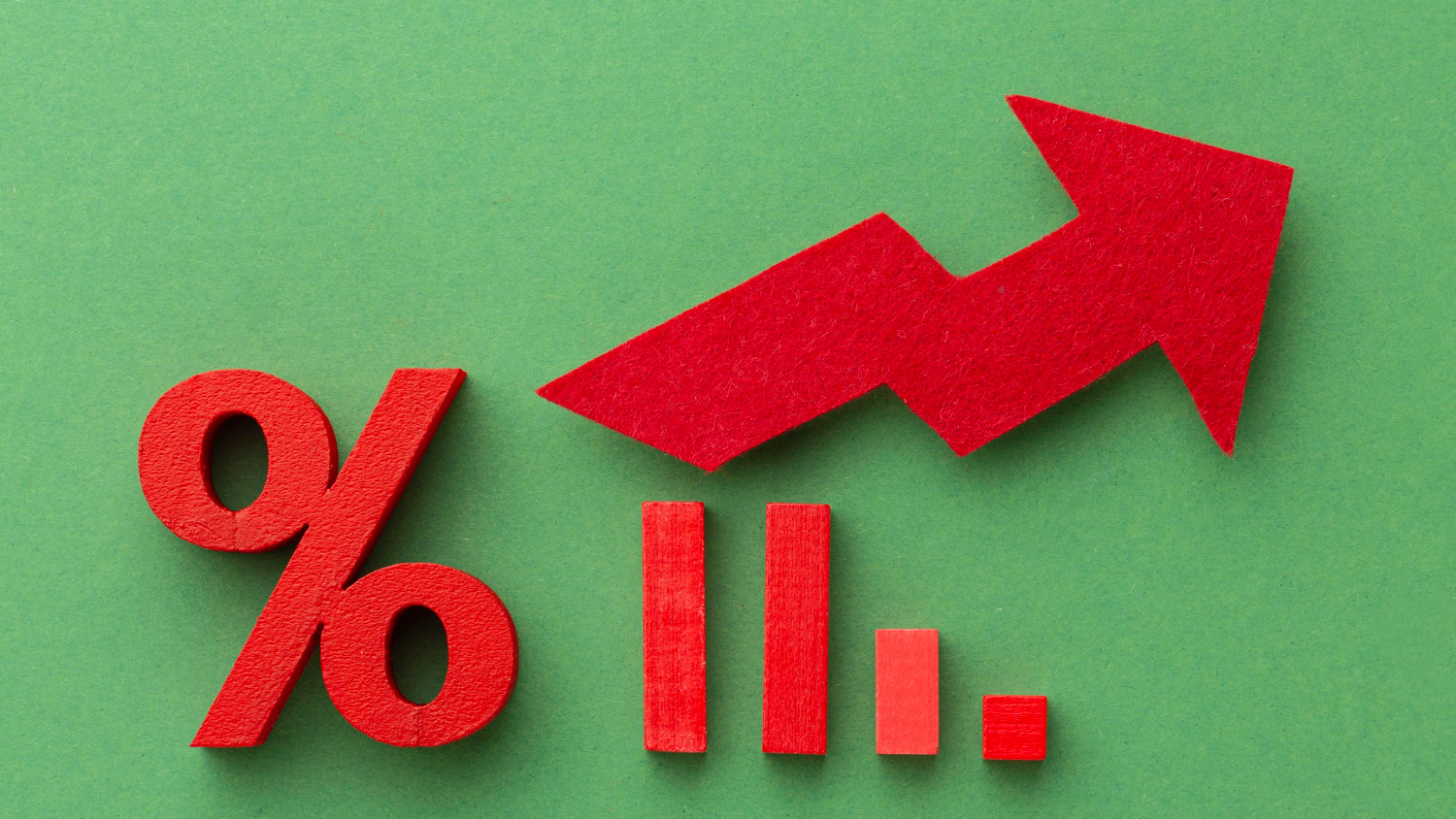Credit cards offer a convenient way to make purchases. However, it’s crucial to understand how interest charge on credit card work to avoid accumulating debt. Many people are surprised by interest fees on their credit card statements. They often don’t realise that interest can accrue on small balances. In this article, we’ll break down how and when credit card interest is charged. We’ll also cover factors that affect your interest rate and strategies to minimise or avoid paying interest altogether.
Understanding Credit Card Interest Rates
Credit card interest rates can significantly affect your finances. Here are key details to help you understand them better:
What is a Credit Card Interest Rate?
A credit card interest rate is also known as the Annual Percentage Rate (APR). It is the price you pay to borrow money on your credit card. It’s a percentage of your outstanding balance that you’ll be charged if you carry a balance beyond the grace period.
Credit card interest rates in India typically range from 15% to over 40% per annum. For example:
|
Credit Card Issuer |
Interest Rate (p.a.) |
|---|---|
|
SBI Card |
23.25% to 43.25% |
|
HDFC Bank |
19.99% to 52.90% |
|
ICICI Bank |
17.99% to 52.92% |
Factors That Impact Your Interest Rate
Several key factors influence paying interest on credit cards:
-
Credit Score: A higher credit score usually translates to lower interest rates. You can check your credit score for free on the Airtel Thanks app.
-
Card Issuer: Interest rates vary across banks and card networks. Premium cards often have lower APRs.
-
RBI Regulations: The Reserve Bank of India periodically adjusts repo rates, which can cause banks to revise credit card interest rates.
-
Introductory Offers: Some cards come with a low or 0% introductory APR for a limited period.
When Does Interest Start Accruing?
When it comes to credit cards, understanding when interest starts accruing is essential for managing your finances. Below are the key details to keep in mind:
Understanding the Grace Period
Most credit cards offer an interest-free grace period of 18-23 days from each purchase or cash advance date. Paying your entire statement balance in full by the due date each month allows you to avoid interest charges completely.
When you Carry a Balance
Interest starts accruing on your outstanding balance from the date of the transaction if you:
-
Don’t pay your previous month’s bill in full
-
Make a purchase or cash advance and don’t clear the full balance by the due date
-
Have an outstanding cash advance balance since interest on cash advances usually accrues immediately
Avoid nasty interest fee credit cards. With this, always aim to pay your statement balance in full and on time! Check out Airtel Finance Credit Card for smarter ways to manage your spending.
How Credit Card Interest is Calculated
Learning how credit card interest is calculated can help you manage your finances effectively. Below are the key methods used by issuers to determine interest charges:
Daily Balances and Compounding Interest
Credit card issuers calculate interest charges based on your average daily account balance. Here’s how it works:
-
Your daily balances are totalled up for the billing cycle
-
The sum is divided by the number of days to get an average daily balance
-
The daily interest rate (APR ÷ 365) is applied to this average
-
The resulting daily interest charge is multiplied by the number of days in the cycle
Since interest compounds daily, the charges can add up quickly! Let’s look at an example:
-
Average Daily Balance = ₹50,000
-
APR = 28%
-
Billing Cycle = 30 days
-
Daily Interest Rate = 28% ÷ 365 = 0.0766%
-
Daily Interest Charge = ₹50,000 x 0.000766 = ₹38.3
-
Interest for Billing Cycle = ₹38.3 x 30 = ₹1,149
Juggling Different APRs
To make matters more complex, a single credit card can have multiple APRs that apply to different types of balances:
-
Purchase APR for regular transactions
-
Balance transfer APR for balances moved from other cards
-
Cash advance APR for ATM withdrawals or cash equivalents like betting chips
-
Penalty APR is charged if you miss payments
Your credit card statement will break out the interest charges and APRs for each category. Track your cc interest rates carefully to understand what you’re being charged and why.
Strategies to Minimise Credit Card Interest
Minimising credit card interest can save you money and help you manage your finances better. Some effective strategies to consider are:
Pay your Balance in Full
The simplest way to avoid credit card interest is to pay your statement balance in full each month. Make sure to do this by the due date. Treat your credit card like a debit card, and spend only what you can afford to repay.
Make Frequent Payments
Consider paying down your balance weekly or whenever you make a large purchase. This reduces your average daily balance and, thus, the interest charged. Most card issuers allow you to make multiple payments in a month.
Avoid Cash Advances
Cash advances start accruing interest immediately, often at a higher rate than regular purchases. Avoid taking out cash on your credit card unless it’s an emergency. Pay off any cash advance balances first.
Prioritise High-Interest Debt
If you’re carrying balances on multiple credit cards, prioritise paying off the card with the highest interest rate first. Make minimum payments on the others. Gradually work your way down to the lower-interest debts.
Negotiate a Lower Rate
If you have a good payment history, call your card issuer to request a lower interest rate. They may be willing to work with you, especially if you mention transferring your balance to a competitor.
Keep an eye on your credit score – a higher score can help you qualify for lower interest rates.
Conclusion
While credit card cash interest rates may seem daunting, understanding how they work is the first step towards managing them. By knowing when interest accrues, how it’s calculated, and what affects your rates, you can make informed credit card decisions.
Remember, the best way to avoid interest is to pay your balance in full and on time every month. If you do carry a balance, be strategic about which debts you pay off first. With planning and discipline, use your credit card as a convenient financial tool without being burdened by interest charges.
For more tips on handling credit responsibly, explore the resources at https://www.airtel.in/finance/credit-card. The Airtel Thanks app also provides a handy way to track your balances and payments on the go. Take control of your credit card interest today!
FAQs
1. What factors affect the interest rate on a credit card?
Key factors include your credit score, card issuer policies, type of transaction, RBI regulations, and any promotional APR offers.
2. How is credit card interest calculated?
Credit card interest is calculated based on your average daily balance. The daily interest rate is calculated by dividing APR by 365 and multiplying by the billing cycle days.
3. How can I avoid paying credit card interest?
To avoid credit card interest, pay your statement balance in full by the due date each month. Also, steer clear of cash advances and prioritise paying off higher interest balances first.
4. When does credit card interest start to accrue?
Interest starts accruing immediately on cash advances. For purchases, you have a grace period until the statement due date. Interest is charged if you don’t pay the full balance by then.
5. Can my credit card interest rate change?
Yes, credit card interest rates can change. Issuers may revise rates periodically based on RBI policies, market conditions, or your account activity. If you miss payments, a high penalty APR may apply.


 Get App
Get App  Airtel Store
Airtel Store  Login
Login 


